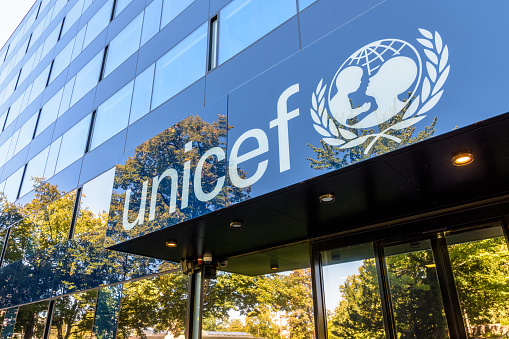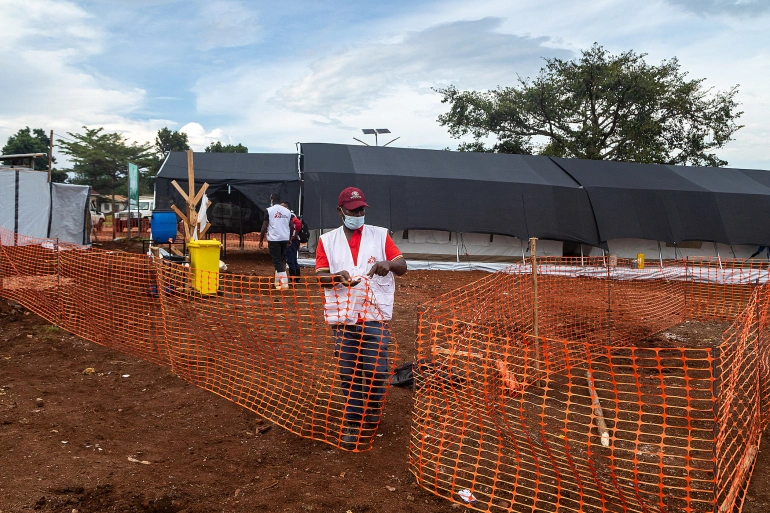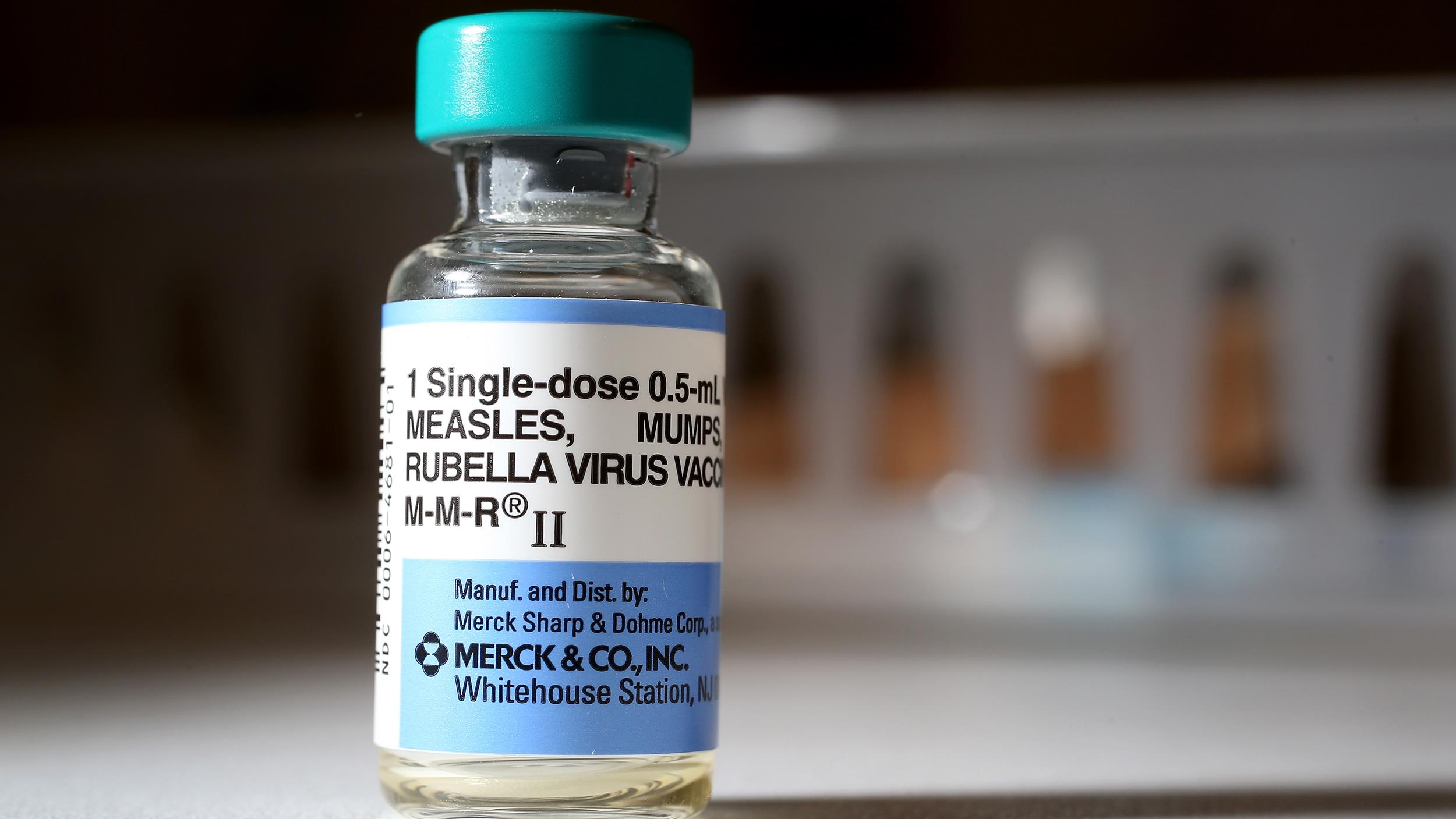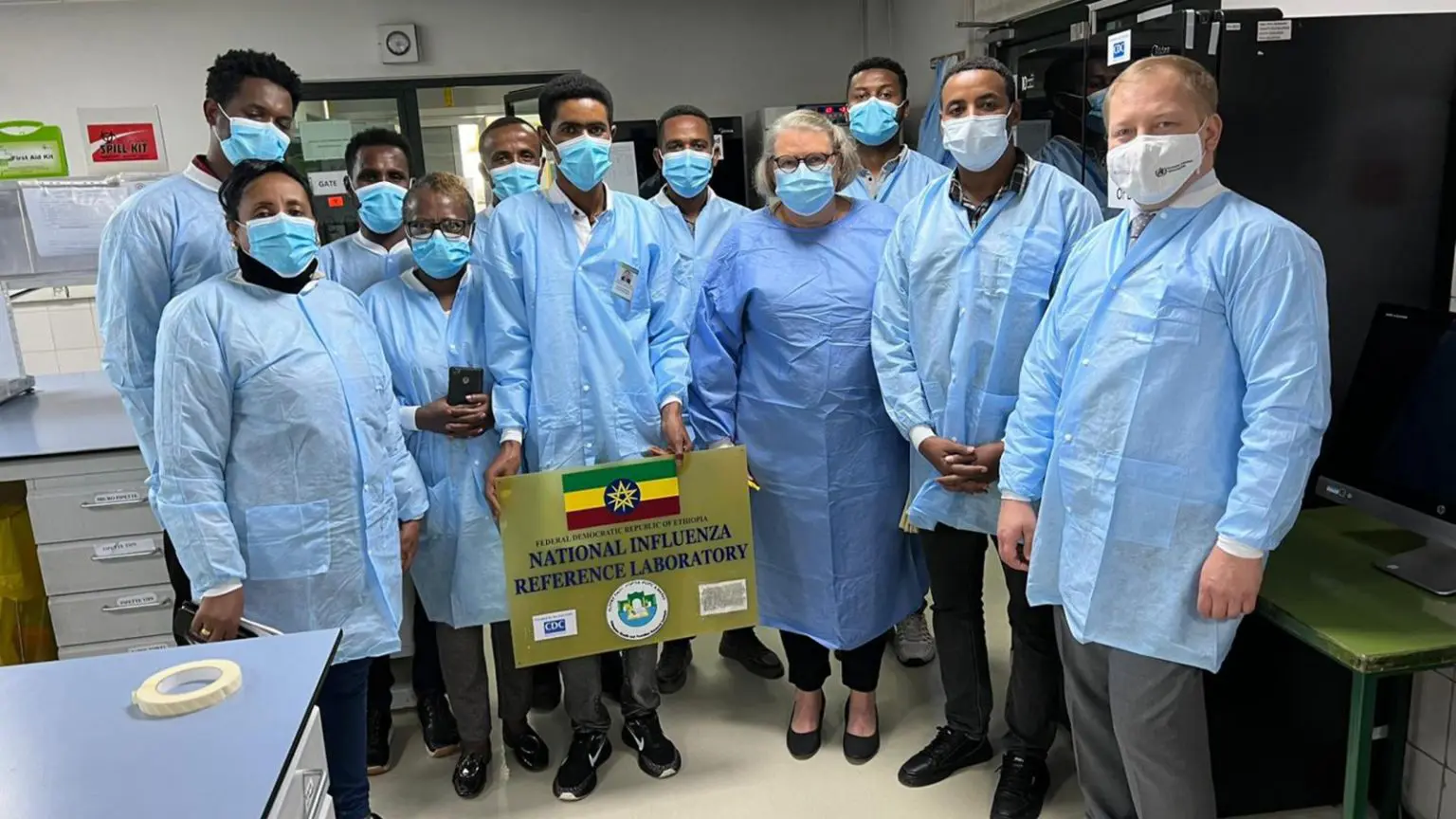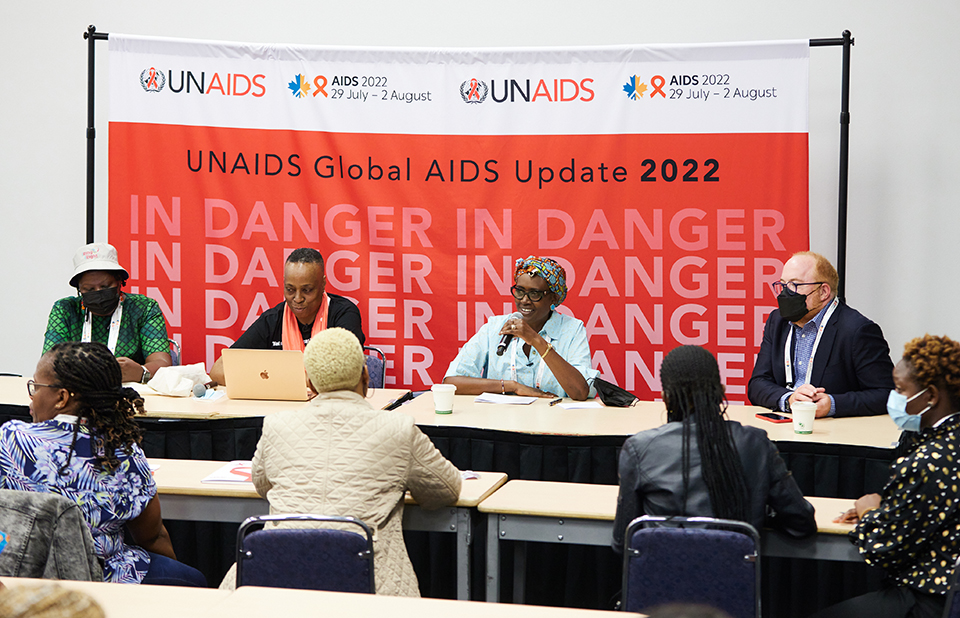The Access to COVID-19 Tools (ACT) Accelerator has initiated a six-month initiative focused on vaccinating high-risk groups, providing new treatment options, enhancing testing, and assuring long-term access to COVID-19 tools.
The strategy was created in response to the fact that numerous conversations are presently taking place concerning modifications that need to be done to strengthen the global health architecture for pandemic preparation and response (PPR) based on the world’s experience with COVID-19.
More than 1.6 billion vaccinations have now been given to Advance Market Commitment nations via the ACT-Accelerator, with 75% of the COVAX vaccines going to low-income nations.
Additionally, a media release states that low and middle-income countries (LMICs) have received more than 145 million tests, 40 million treatment courses, and personal protective equipment totaling US$2 billion.
Another notable accomplishment of the effort is the agreement on voluntary licensing for oral antivirals and the halving of the cost of quick diagnostics.
The modifications to the ACT- Accelerator’s organizational structure and operational procedures, which take into account the COVID-19 virus and pandemic’s dynamic nature, will guarantee that nations continue to have access to COVID-19 tools over the long term and in the case of disease outbreaks.
The strategy specifies how international health organizations, the government, civic society, and other partners will work together to support nations with long-term COVID-19 control through the ACT-Accelerator.
A list of tasks that will be maintained, changed, retired, or kept on standby is also included in the plan. The transition plan supports ACT-A organizations as they advance their COVID-19 finance, implementation, and mainstreaming initiatives.
The activity of the ACT-A partners will concentrate on three main topics in the coming phase: Activities in R&D and market-shaping to guarantee a pipeline of new and enhanced goods Tools for COVID-19 and institutional arrangements for ongoing COVID access 19 immunizations, examinations, and treatments for all nations, including efforts on introducing new products in-country using oxygen (e.g., new oral antivirals).
In support of national and international goals, the strategy will also assure the protection of sensitive populations.
The proposal also calls for the creation of a new ACT-A Tracking and Monitoring Taskforce that will be co-chaired by senior government representatives from India and the United States and the reactivation of the Facilitation Council at the political level in the event of a serious disease outbreak.
Furthermore, the World Health Organization expressed alarm that the coronavirus is “running freely” and cautioned that the epidemic is “nowhere near ended,” noting fresh waves throughout the globe.
Tedros Adhanom Ghebreyesus expressed concern that the number of cases was increasing and “adding to the strain on already overburdened health systems and health professionals.”
Tedros advised governments to use tried-and-true strategies like masking, better ventilation, and test-and-treat protocols in the face of escalating COVID transmission and hospitalization rates.
Positively, the recently introduced bivalent booster vaccines, which are effective against both the primary coronavirus strain and the currently circulating omicron subvariants BA.4 and BA.5, may offer improved protection against infection and transmission as well as more durable protection against serious illness.




